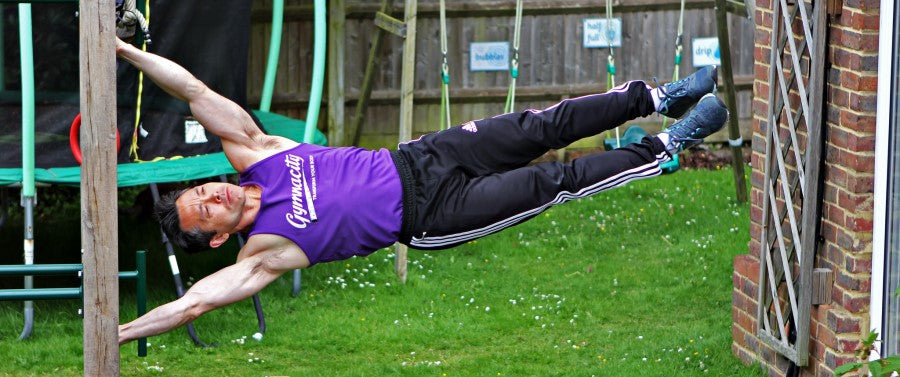
The Impact of Fatigue on Sports Performance in High-level Athletes
Physical fatigue reduces the ability to generate strength and endurance, while mental fatigue affects concentration, decision-making and motor coordination, which can lead to errors and reduced accuracy in sports performance.
Exhausted athletes can experience a reduction in the speed, power, and precision of their movements, which can affect their performance in competitions and training sessions. Thus, fatigue can have a significant impact on the sports performance of high-level athletes, alterations that are deepened in TECH’s Professional Master’s Degree High Performance in Sports, a degree aimed at those professionals who wish to be updated on the decrease in the ability to generate muscular endurance and mental exhaustion in high-level athletes.
In this case, prolonged physical fatigue can increase the risk of injury, as fatigued muscles and joints are less able to absorb impact and keep good technique. On the other hand, mental fatigue also plays a key role in sports performance, which can affect concentration, decision-making, and fine motor coordination.
Mental fatigue can influence motivation and mood, which can affect confidence and the ability to handle pressure in high-performance situations. As well, chronic fatigue can have negative effects on athletes’ ability to recover. All this associated with the lack of adequate rest and the constant accumulation of fatigue can lead to an imbalance in the muscular system and recovery of the body.
Recent Innovations in Fatigue Management
More attention has now been paid to the importance of recovery and adequate rest, as sports professionals have recognized the need to periodize training and supply enough recovery time to allow athletes to replenish and repair muscle tissues. In addition, fatigue monitoring methods have been developed, such as the use of wearable devices and mobile apps, which allow athletes and their coaches to track fatigue levels and adjust training accordingly.
Another important advance is the implementation of specific nutritional strategies to combat fatigue in high-performance athletes, thus, a deeper understanding of the relationship between nutrition and sports performance has been researched and developed, and specific nutrients and supplements have been shown that can help reduce fatigue and improve performance.
On the other hand, research has been conducted on the implementation of advanced recovery techniques such as cryotherapy, compression therapy, and electrical stimulation to reduce fatigue and accelerate muscle recovery in high-level athletes. These techniques can help reduce inflammation, improve blood flow, and promote tissue regeneration, allowing them to recover faster and keep best performance.
Positive Impact On Sports Performance And Emotional Well-Being
Treating fatigue in high-level athletes offers many benefits in sporting terms that contribute to improved performance. Firstly, by reducing fatigue, athletes experience an increase in energy levels and endurance, allowing them to sustain effort during training and competitions.
In addition, fatigue management helps perfect the muscle recovery process, allowing athletes to train more often and achieve faster physical adaptations. By reducing accumulated fatigue, recovery times are shortened, and overtraining is prevented, easing continued progression in training, resulting in significant improvements in strength, speed, and endurance.
Another important benefit is the positive impact on the mentality and emotional well-being of athletes, since by reducing fatigue, they feel more motivated, focused and confident in their ability to achieve their sporting goals, in addition, its reduction contributes to a decrease in stress and anxiety levels, which improves the overall mood and promotes a positive mentality.
TECH Technological University
TECH Technological University stands out for its innovative learning method, known as Re-learning, which is based on asynchrony and self-management, allowing students to have flexibility in their learning process, adapting it to their own pace and study style.
Thanks to its fully digital approach, TECH offers degrees to students from all over the world. Its international prestige has led it to become a benchmark in distance learning, boasting an extensive catalog of over 10,000 educational programs and attracting over 100,000 new students each year.
The university specializes in highly qualified postgraduate programs and prides itself on offering its students the best academic programs at an international level. Its academic excellence is reflected in its employability results, with an impressive 99% of its students working in the first twelve months after graduation, according to data from the consulting firm KPMG.


